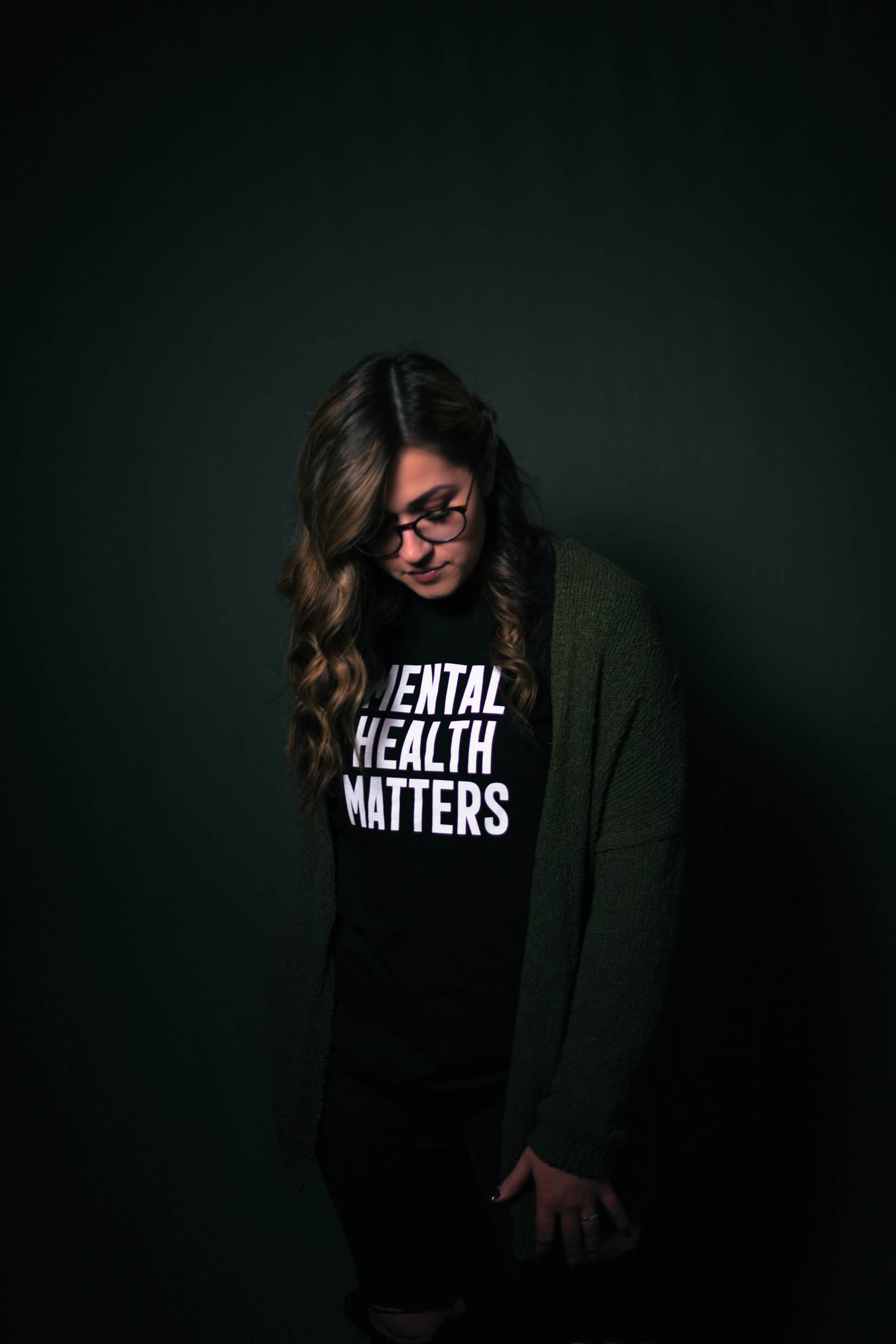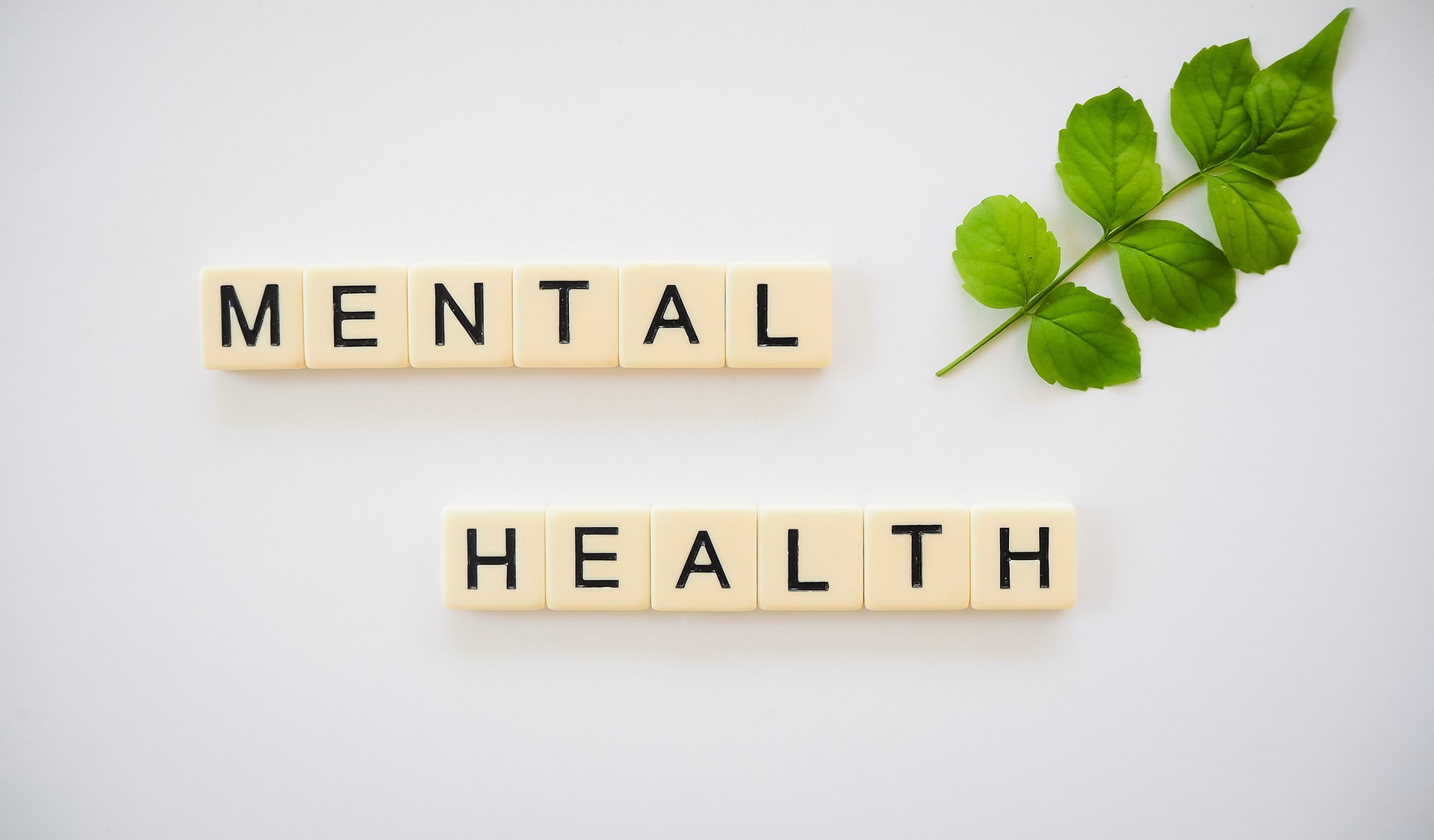How to best take care of and nurture mental health has long been a topic of interest, as many seek to cope with symptoms of anxiety or depression that they or their loved ones may be experiencing. However, while stories and information about mental illness are becoming increasingly widespread through the media, social channels, and the internet, the resources needed to address these problems can often be costly, especially when it pertains to life-long mental illness. This leads many to look for ways to find easier ways for mental health care, whether it’s teletherapy or seeking to buy medicines online with a discount.
In this guide, we’ll seek to better understand some of the common prescriptions used to treat these disorders with a psychiatric medications list and provide you with some guidance on how you can buy them online safely. Please note that this article is not meant to prescribe, diagnose, or treat any condition and is for informational purposes only.
Common Mental Health Medications By Category
Understanding how medication functions and what purpose it serves is key to getting the right prescription for your needs.
Before we evaluate common medications, it’s important to note that seeking help from your psychiatrist and primary care physician is the most important part of the process. This psychiatric medications list seeks only to inform you of different medications, not to act as advice for what you should be taking. You may also learn more about what others have had to say in our Inhouse Pharmacy reviews. With that being said, let’s take a closer look at categories of common mental health medications you may come across.

Anti-Anxiety
Anti-anxiety or anxiolytic drugs belonging to the greater class of antidepressants are employed to treat anxiety symptoms that stem from depression or anxiety by itself. These types of medications can be further divided into two different types: buspirone (Bupron) and trazodone (Trazalon, Trazonil). The former targets anxiety by acting on the receptors in the brain responsible for mood without producing any sedative effects. Meanwhile, the latter targets the same receptors while also offering sedative effects. Knowing the difference between the medications within their specific categories will be crucial in navigating this psychiatric medications list.
Anti-Addiction
Anti-addiction medications are used to battle nicotine dependency and help smokers wean themselves off of cigarettes and related substances. Nicotine, when absorbed into the body, affects receptors responsible for releasing neurotransmitters like dopamine. Because the brain registers pleasurable sensations, it craves cigarettes or other tobacco products in order to experience the reward from the nicotine again and again. Medications like Wellbutrin and Bupron, both of which are bupropion on this psychiatric medications list, serve to target these same receptors and reduce the impact of nicotine on the brain, making it easier for those addicted to nicotine to combat urges and withdrawal symptoms.
Mood Enhancers
The brain naturally regulates mood by producing neurotransmitters like serotonin and noradrenaline. These neurotransmitters, which pass between synapses to a network of nerve cells, keep the brain communicating and in a normal state. When enough of these neurotransmitters are not being produced, however, it can result in symptoms of depression. Mood enhancers seek to remedy this by inhibiting the reuptake of these neurotransmitters in the brain.
Mood enhancers can be divided into three different categories:
- Serotonin noradrenaline reuptake inhibitors (SNRIs)
- Selective serotonin reuptake inhibitors (SSRIs)
- Tricyclic antidepressants, which often produce sedative effects
There are also reversible inhibitors of monoamine oxidase (RIMA), which may be prescribed as well. While we can’t feature every mood enhancer on this psychiatric medications list, some common medications include Prozac, Zoloft, Fluvoxin, and Cymbalta.
Mood Stabilizers
For those who are living with and managing bipolar disorder, depression is not the only thing that their medication will have to target. They also need to address the mania that accompanies their depression symptoms. Mood stabilizers seek to limit the overproduction of neurotransmitters and overexcitement of nerves that are behind such intense manias. Some of the medications used to stabilize mood include Lithium Carbonate, Risperidone, and Tegretol.
How to Buy Mental Health Medications Safely Online
The psychiatric medications list above provides you with a better overview of the different medications employed in treating mental illness. But when you need to purchase these goods online, how do you do so without losing money or receiving medications that aren’t as advertised? Inhouse Pharmacy is here to help you access your essential medication needs with ease.
Recognized as being one of the world’s most established online pharmacies and having been in business since 1996, Inhouse Pharmacy is dedicated to acting as your reliable source of affordable, authentic prescription medication. Whether you’re looking to source mental health medications from the psychiatric medications list above or wish to further benefit from our bargain bin where you can buy medicines online with a discount that will be shipped to you before their expiration date. We guarantee all discounted medications will arrive before their expiration; it’s the proximity to expiration that gives us the ability to offer medication at a discounted rate.
With benefits like free shipping and free worldwide delivery in most countries, responsive customer service, and registered pharmacists available for medication inquiries 5 days a week (with expert customer care specialists here for you 7 days a week), buying medication from the comfort of your own home is simple, safe, and easy. Read more into our Inhouse Pharmacy reviews or contact us with any questions you may have.
As stated above, this article is intended for informational purposes only and is not meant to replace the advice of a medical professional, nor is it meant to treat, diagnose, or prescribe any product to our readers. Please consult with your healthcare provider prior to making any changes to your mental health care treatment.
Please consider exploring these free help line and additional resources, as well:





